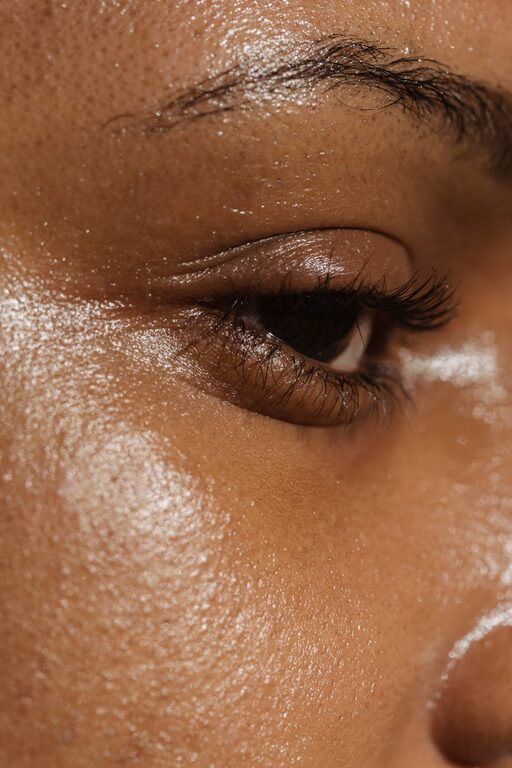
Starting a skincare routine can feel overwhelming with so many products and advice out there. However, building a simple, effective routine doesn’t have to be complicated or expensive. Whether you’re a complete beginner or looking to refresh your habits, this guide will help you create a basic skincare routine that promotes healthy, glowing skin.
Why Have a Skincare Routine?
A consistent skincare routine helps maintain your skin’s health by protecting it from environmental damage, keeping it hydrated, and preventing common issues like dryness or breakouts. Over time, regular care can improve your skin’s texture, tone, and overall appearance.
Understanding Your Skin Type
Before selecting products, it’s important to understand your skin type, as this will guide your choices. The main categories are:
– Normal: Balanced, not too oily or dry, with few imperfections.
– Dry: Tends to feel tight, flaky, or rough.
– Oily: Shiny appearance with larger pores and prone to acne.
– Combination: Oily in some areas (like the T-zone) and dry or normal in others.
– Sensitive: Easily irritated, red, or itchy.
You can determine your skin type by observing how your skin feels a few hours after washing or by consulting with a skincare professional.
Basic Steps of a Skincare Routine
A simple skincare routine usually involves three main steps: cleansing, moisturizing, and sun protection. You can add other steps gradually as you become more comfortable.
1. Cleansing
Cleansing removes dirt, oil, sweat, and makeup from your skin. Using a gentle cleanser suited to your skin type twice a day (morning and night) is ideal.
Tips for Cleansing:
– Use lukewarm water—too hot or cold can irritate your skin.
– Avoid harsh soaps that strip natural oils.
– Gently massage the cleanser with your fingertips; no harsh scrubbing.
– Rinse thoroughly and pat your skin dry with a soft towel.
2. Moisturizing
Moisturizers help maintain your skin’s hydration and create a barrier to protect it from environmental aggressors.
Choosing a moisturizer:
– For dry skin, choose richer, cream-based products.
– For oily or acne-prone skin, look for lightweight, non-comedogenic (won’t clog pores) formulas.
– For sensitive skin, opt for fragrance-free and hypoallergenic options.
Apply moisturizer while your skin is still slightly damp to lock in moisture.
3. Sun Protection
Protecting your skin from the sun’s UV rays is crucial to prevent premature aging and skin damage.
Sun protection basics:
– Use a broad-spectrum sunscreen with SPF 30 or higher every morning, even on cloudy days.
– Apply sunscreen as the last step in your morning routine.
– Reapply every two hours if you are outdoors or sweating.
Optional Steps to Enhance Your Routine
Once you are comfortable with the basics, consider adding these steps to address specific needs:
Exfoliation
– Removes dead skin cells for a smoother complexion.
– Use gentle exfoliants 1-2 times per week.
– Avoid over-exfoliating, which can cause irritation.
Toner
– Helps balance skin’s pH after cleansing.
– Some toners add hydration or control excess oil.
– Choose alcohol-free toners to avoid drying out your skin.
Serums
– Contain concentrated ingredients targeting concerns like dullness, fine lines, or acne.
– Apply serums after cleansing and before moisturizing.
Creating Your Routine: Sample Morning and Evening Guide
Morning
- Cleanser
- Toner (optional)
- Serum (optional)
- Moisturizer
- Sunscreen
- Cleanser
- Toner (optional)
- Serum (optional)
- Moisturizer
Evening
Tips for Success
– Be consistent: The benefits of a skincare routine appear over time.
– Patch test new products: Apply a small amount on your skin to check for reactions.
– Avoid too many new products at once: Introduce them gradually.
– Listen to your skin: If a product causes irritation, discontinue use.
– Stay hydrated and eat balanced meals: Healthy skin also depends on lifestyle factors.
Final Thoughts
Starting a basic skincare routine is a great step toward healthy, radiant skin. Keep it simple and choose products that match your skin type and lifestyle. With patience and consistency, your skin will thank you.
If you have specific skin concerns, consider consulting a dermatologist to get personalized recommendations.
—
Remember, skincare is personal. What works well for others might not be perfect for you, so enjoy the process and make adjustments to find your ideal routine!
